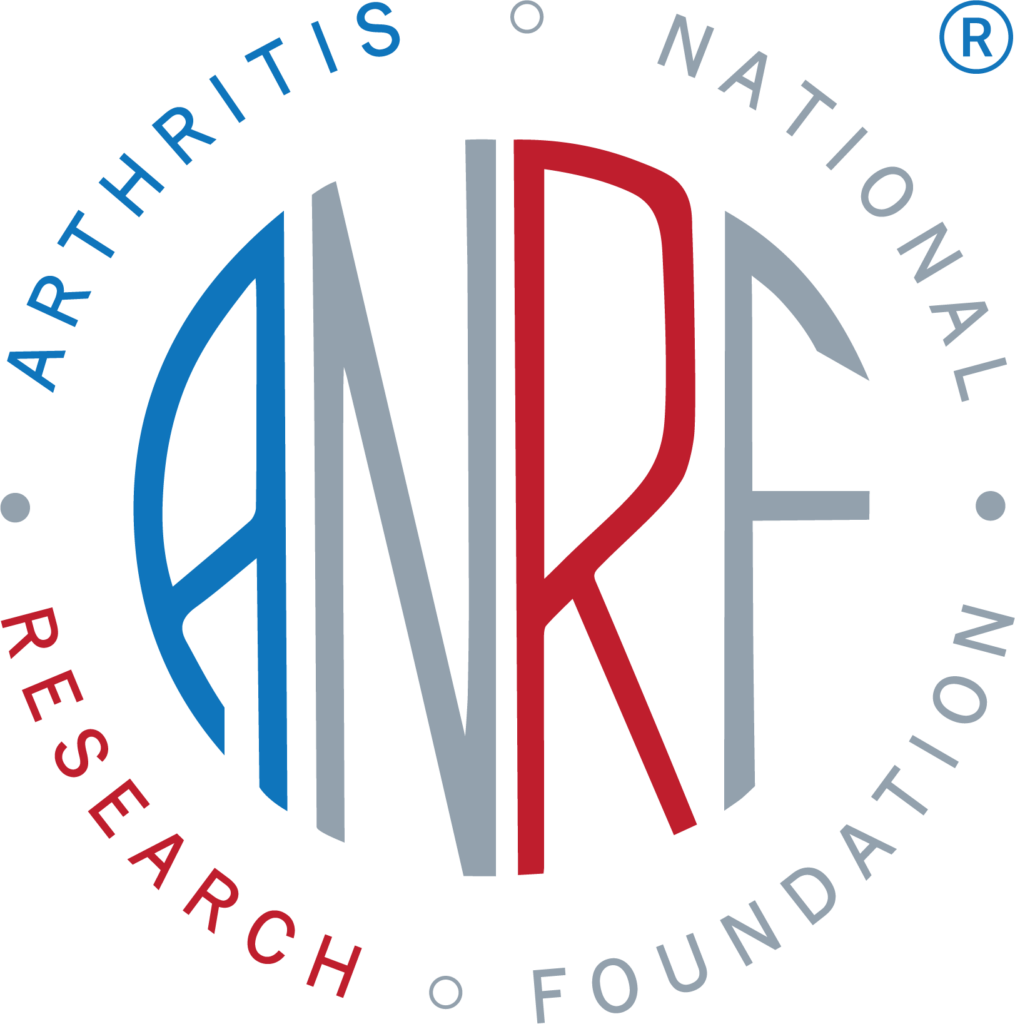Biography
I am an early-stage investigator in the Department of Orthopaedic Surgery at Henry Ford Health with a research program aimed at identifying underlying molecular mechanisms of osteoarthritis (OA) to inform new therapeutic interventions. I have 15 years of experience and a unique interdisciplinary approach to studying OA that I derived from laboratory, clinical, and community settings. During my PhD, I developed a basic science skill set in the laboratory utilizing primary human tissues and animal models of OA. During my first Postdoc, I worked in the community and developed a qualitative research skill set exploring factors that influence OA management. During my second Postdoc, I worked in a clinical setting to build and profile patient cohorts to identify microRNAs associated with OA severity. Together, my training provides me with a holistic and translational perspective on OA, from bench to bedside.
Research Summary:
Knee osteoarthritis (OA) is a painful disease that is associated with reduced quality-of-life and increased all-cause death, yet there is no known cure and no effective disease-modifying drugs. There are interventions to manage symptoms, but these are often not used in earlier stages of disease when they are most effective, in part because of the lack of biomarkers to diagnose knee OA. MicroRNAs are small molecules found throughout the body that are known to be good biomarkers. Since microRNAs have previously been shown to contribute to OA, we examined the expression of circulating microRNAs and discovered miR-126-3p to be increased in blood samples from individuals with knee OA compared to those without knee OA in four independent groups from four different countries. Based on these findings, the goal of this study is to explore the role of miR-126-3p as a potential diagnostic biomarker and mechanistic driver in knee OA. To do this, our lab has established an OA biospecimen repository comprising blood, synovial fluid, cartilage, bone, synovium, meniscus, fat, ligament, and/or muscle from knee OA, hip OA, and/or non-OA controls. We plan to investigate the expression of miR-126-3p and its gene targets in each of these biospecimens to determine the role miR-126-3p may be playing in knee OA. We suspect miR-126-3p comes from the knee tissues and can promote blood vessel growth, which can make OA worse. This research is important because microRNAs can be used to diagnose knee OA and can be targeted to develop the first disease-modifying OA drugs. As such, this research is expected to reduce the public health burden created by undiagnosed and untreated knee OA.






